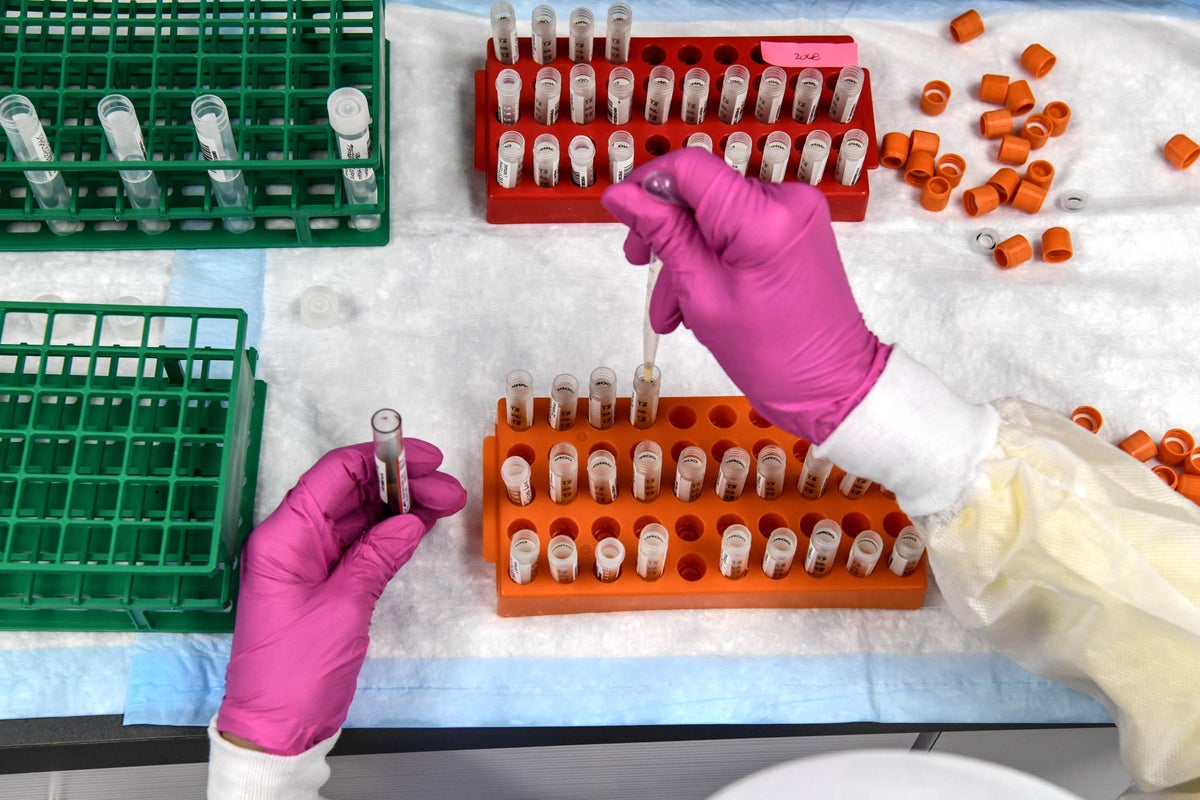Edward Jenner didn’t just get to declare the idea of vaccines. He had to demonstrate that his idea worked. If you may the claim you have to provide the evidence.
Just, no.
These possibilities are all far, far, far, far, far, far, far, far less than the negative outcomes caused by the diseases they prevent.
huh?
Of course Edward Jenner's vaccine worked. I never said or suggested otherwise. I specifically said I just recently updated my vaccines. Why would I do that if I didn't think they worked? I also advised
multiple times for people to follow up by visit reputable websites. Why would I do that if I was trying to spout nonsense? That makes no sense.
I should have characterized the second sentence better. Smallpox is a virus, and it was the first vaccine. There are DNA viruses and RNA viruses.
RNA viruses mutate rapidly, and thus it is harder to develop a vaccine for RNA viruses. (DNA viruses are more stable) Influenza is an example of a virus that mutates rapidly, and that is why it was so hard to develop a vaccine for the flu, or at least part of why it was to develop a vaccine for it. Again, see my post- I encouraged everyone to follow up by reading more from reputable sources, and a more thorough explanation. Suggested reading: "Viral Mutation Rates" in the Journal of Virology, DOI: 10.1128/JVI.00694-10
I also found this from a June 27, 2014 Vox article:
Bacteria multiply quickly, but not as quickly as some viruses, as you can see from this chart. "In general, viruses like HIV replicate more more rapidly than do bacteria like
Streptococcus," Fauci says. (
Streptococcus bacteria include things like pneumonia.)
The above article also contains a nice graph that shows a nice correlation between genome size and mutation rate. Rapid replication is connected to rapid mutation rates.
As for your third comment, regarding reaction rate to vaccines, I also say, huh?
I specifically said to go look up FACTUAL reaction rates from reputable sources like the CDC. The following information comes directly from WHO's Information sheet titled, "OBSERVED RATE OF VACCINE REACTIONS DIPHTHERIA, PERTUSSIS, TETANUS VACCINES"
Mild adverse events following DTwP when administered for both primary and booster immunizations in infants and children
are common and consist of local reactions (50%) and systemic reactions such as fever over 38°C, irritability (40% to 75%), drowsiness (33% to 62%), loss of appetite (20% to 35%), and vomiting (6% to 13%) .
Severe adverse reactions following DTwP:
Description Whole cell vaccines Rate/doses
Persistent screaming 3.5 per 100
Hyporesponsive hypotonic episodes 57-250 per 100,000
Seizures 6 per 100,000
Encephalopathy 0.3 - 5.3 per 1,000,000
Anaphylaxis 1.3 per 1,000,000
Persistent crying = Some infants develop continuous crying which may be unaltered, inconsolable, and lasts for a number of hours.
The information sheet is TEN pages long, which is way too long to quote in a post on a WDW forum, but it contains a long list of citations.
These specific adverse reactions to vaccines are well documented.
Because vaccines carry SOME risk potential, Pfizer plans to continue to accumulate more test subject data. See Pfizer's own website.



